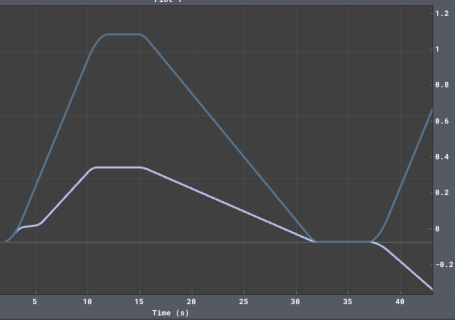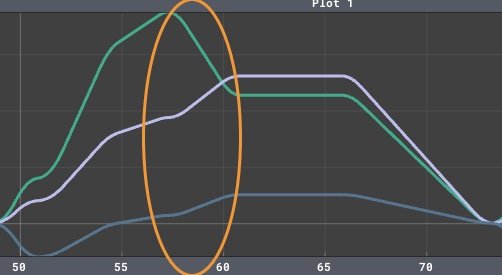I've just tried the bugfix branch and the slow speed issue seems to be gone. I had to uncomment the line in startStopping again to stop the motors in overrideSpeed from being unresponsive after their first move.
I also had to comment out the serial.print in TMR.h otherwise using 2 motors at once with overrideSpeed would make the motors stutter.
So far so good!
I'll keep testing, but for now it's working fine.
Thanks again!
I also had to comment out the serial.print in TMR.h otherwise using 2 motors at once with overrideSpeed would make the motors stutter.
So far so good!
I'll keep testing, but for now it's working fine.
Thanks again!



